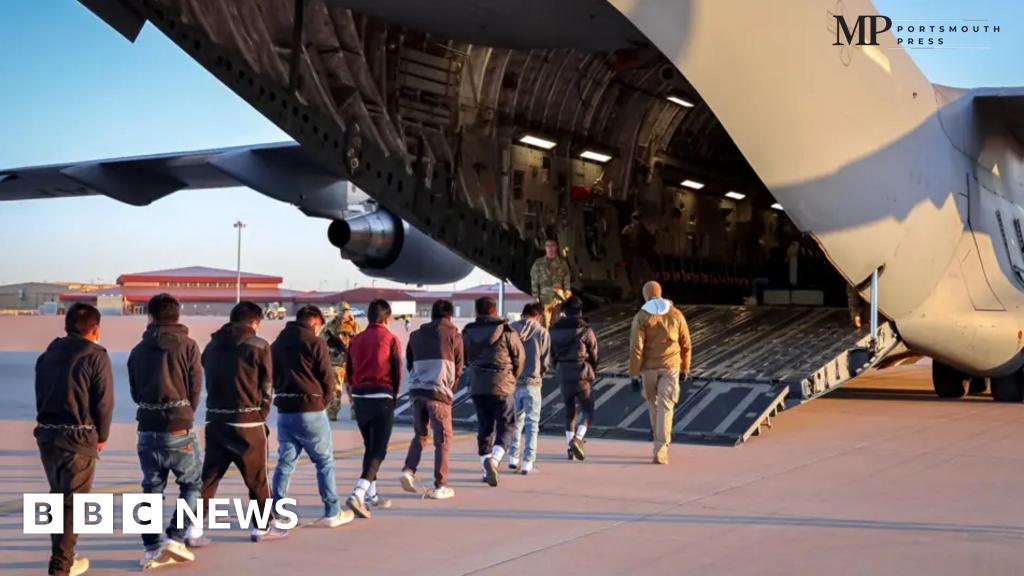In a significant diplomatic development, the United States has decided to suspend its threats of applying steep tariffs on Colombian goods. This comes after an agreement was reached between US officials and Colombia regarding the deportation of migrants. The deal allows deported individuals to be sent back to Colombia on US military planes, which has set the stage for improved relations between the two countries.
What Led to the Tariff Threats?
The tension began when President Donald Trump threatened to impose a 25% tariff on all goods imported from Colombia. This ultimatum was prompted by Colombia’s initial refusal to accept two US military flights carrying deportees. Colombian President Gustavo Petro had expressed concerns about the treatment of migrants, emphasizing that those being sent back should be treated with dignity and respect, rather than as criminals.
Negotiations and Concessions
After days of back-and-forth commentary, which even played out on social media, an agreement was finally struck. Colombia’s acceptance of all deported individuals on US aircraft signals a major concession amidst fears of a possible trade dispute between the two nations. With Trump’s tariffs looming, the potential economic impact would have been significant for both countries, particularly given continuous trade ties, including Colombia’s exports of coffee and flowers to the US.
Colombia’s Commitment to Deportees
Part of the agreement involves Colombia ensuring that deportees will be treated well upon their return. The Colombian foreign minister assured the US that all deported migrants would be provided with decent living conditions. This understanding appears to be a crucial element in stabilizing relations and demonstrates a commitment from Colombia to cooperate with US immigration policies.
The Bigger Picture: Trade and Immigration
The resolution of this issue illustrates a wider narrative concerning immigration and trade relationships. There are concerns about how strict immigration policies affect neighboring countries and how trade can be influenced by these social policies. In the weeks leading up to this agreement, critics had raised alarms about what a tariff battle might do to both countries’ economies, and thankfully, that potential scenario has been avoided—for now.
The Aftermath: A Step Towards Cooperation
The lifting of tariff threats allows for the resumption of normal trade patterns between the two countries. Previously, the looming tariffs threatened more than just economic stability. They highlighted the challenges faced by nations navigating the complexities of US immigration policy. With Colombia now agreeing to meet US conditions, it showcases a willingness to work together, which might pave the way for future partnerships.
| Country | Total Trade Volume (2023) | Major Imports from Colombia |
|---|---|---|
| United States | $16 billion | Coffee, Flowers, Crude Oil |
| Colombia | $14 billion | Machinery, Electronics |
This unfolding story serves as a reminder of how nations can come together to address challenging issues while also fostering economic ties. The negotiations over tariffs and deportation demonstrate the importance of dialogue in international relations, reminding us that the complexities of immigration and trade require careful handling to promote mutual benefits.









